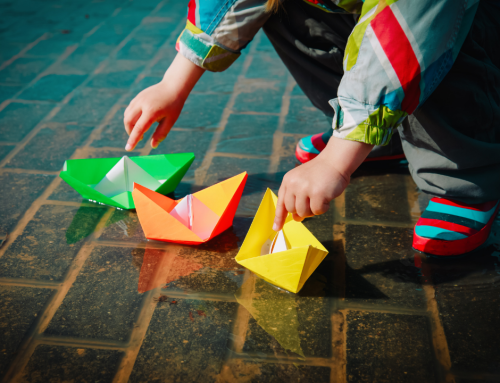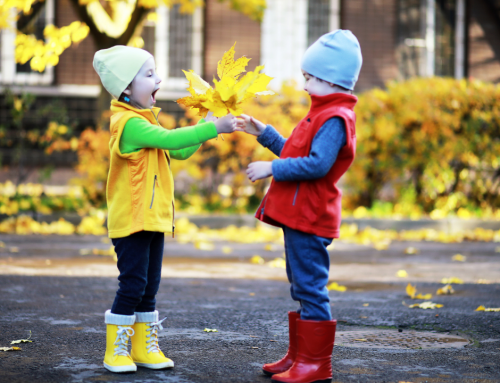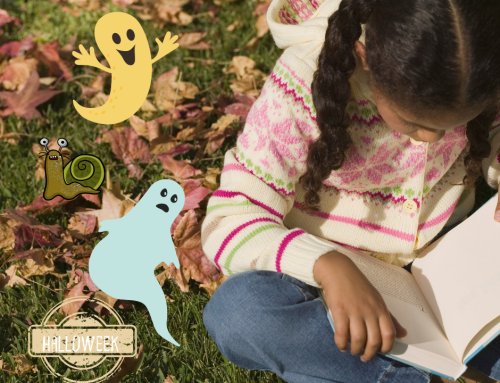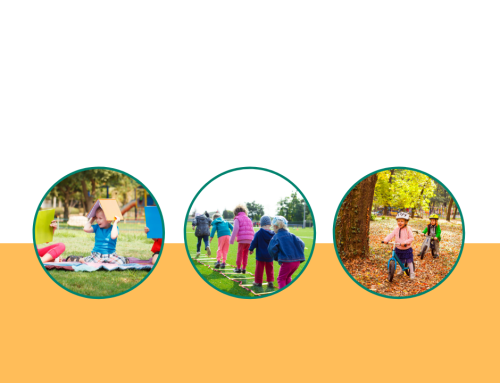Many studies published in the last decade have shown that emotional intelligence is somehow more important in the educational process than learning new information itself.
The Romanian state school system hasn’t included yet in its curriculum this new approach. Recently, this has been the subject of debates in the NGO sector. “We are the product of a generation for which emotions have been an impediment, an obstacle to results. The expression of emotions was considered a sign of weakness or mental liability,” says Cristina Gheorghe, co-founder SuperTeach.
On the other hand, more opened to innovation educational systems already emphasize emotional development in the learning process.
“When you teach kids emotional intelligence, how to recognize their feelings, understand where they come from, and learn how to deal with those emotions, you teach them the most essential skills for their success in life” says Lisa Firestone – Ph.D., clinical psychologist, author, and the Director of Research and Education for the Glendon Association – in “Psychology Today”.
The Yale Center for Emotional Intelligence has even developed a program for schools. They called it RULER, an acronym that stands for:
- Recognizing emotions in self and others,
- Understanding the causes and consequences of emotions,
- Labeling emotions accurately,
- Expressing emotions appropriately, and
- Regulating emotions effectively.
Based on British and Nordic curricula, the URBAN Forest Outdoor Learning classes also focus on the children’s emotional development.
The first step in dealing with children’s emotions is to understand them and correctly interpret their reactions, according to the stage of emotional development they are going through.
Emotional development stages in toddlers, preschoolers, and grade-schoolers
Not all kids develop at the same pace. But there are some milestones you can expect kids to meet around roughly the same age. See this list of social and emotional milestones at different ages.
Before 2 years old, children imitate adults in simple pretend play. They observe other kids playing, but they don’t cooperate with them.
By 3-4 years of age, they start to separate from their caregivers more easily. And they enjoy other children’s company, they play with them. We can see the first signs of empathy – especially in girls. They become more kind and caring and they start verbalizing their feelings.
The 5-6 years old children enjoy playing with other children. They are more independent, they understand the guilt and the shame, and act accordingly. Most of the time, they test the boundaries settled by adults.
At 7-8 years old, kids start understanding other people’s reactions, even get upset on their behaviour. They start verbalizing emotions, but sometimes answer with aggression instead of words.
The 9-10 year old start developing their own identity, based on the personality features of the adults around them. They have friends, and they share secrets and jokes.
The main emotional conflicts in childhood, considering each age group
In his book Stages of Psycho-Social Development, the well-known psychologist Erik Erikson, identified the psychological conflicts for each age group, from birth to old age.
Three of them are in childhood, the conflicts from the age of 18 months to 12 years old.
- Autonomy vs. Shame/Doubt – from 18 months to 3 years – The child’s energies are directed toward the development of physical skills, including walking, grasping, and toilet training. The child learns control but may develop shame and doubt if not handled well.
- Initiative vs. Guilt – from 3 to 6 years – The child continues to become more assertive and to take more initiative, but may be too forceful, leading to guilt feelings.
- Industry vs. Inferiority – from 6-12 years – The child must deal with demands to learn new skills or risk a sense of inferiority, failure and incompetence.
Sometimes, we, the parents, have to deal with our own psychological barriers. Or we are too busy with the daily activities and responsibilities to pay attention to our children’s emotions.
Since emotional development is essential to grow up happy and fulfilled children, it’s very important to book in our child’s agenda at least one hour/ week to identify, label and express emotions properly.







Leave A Comment